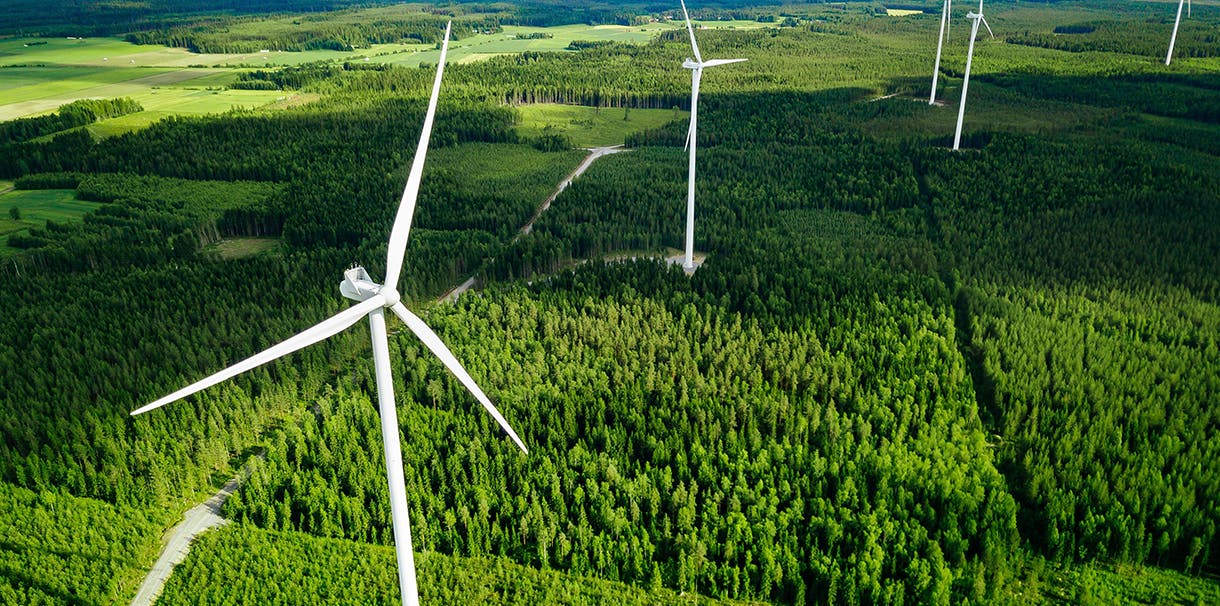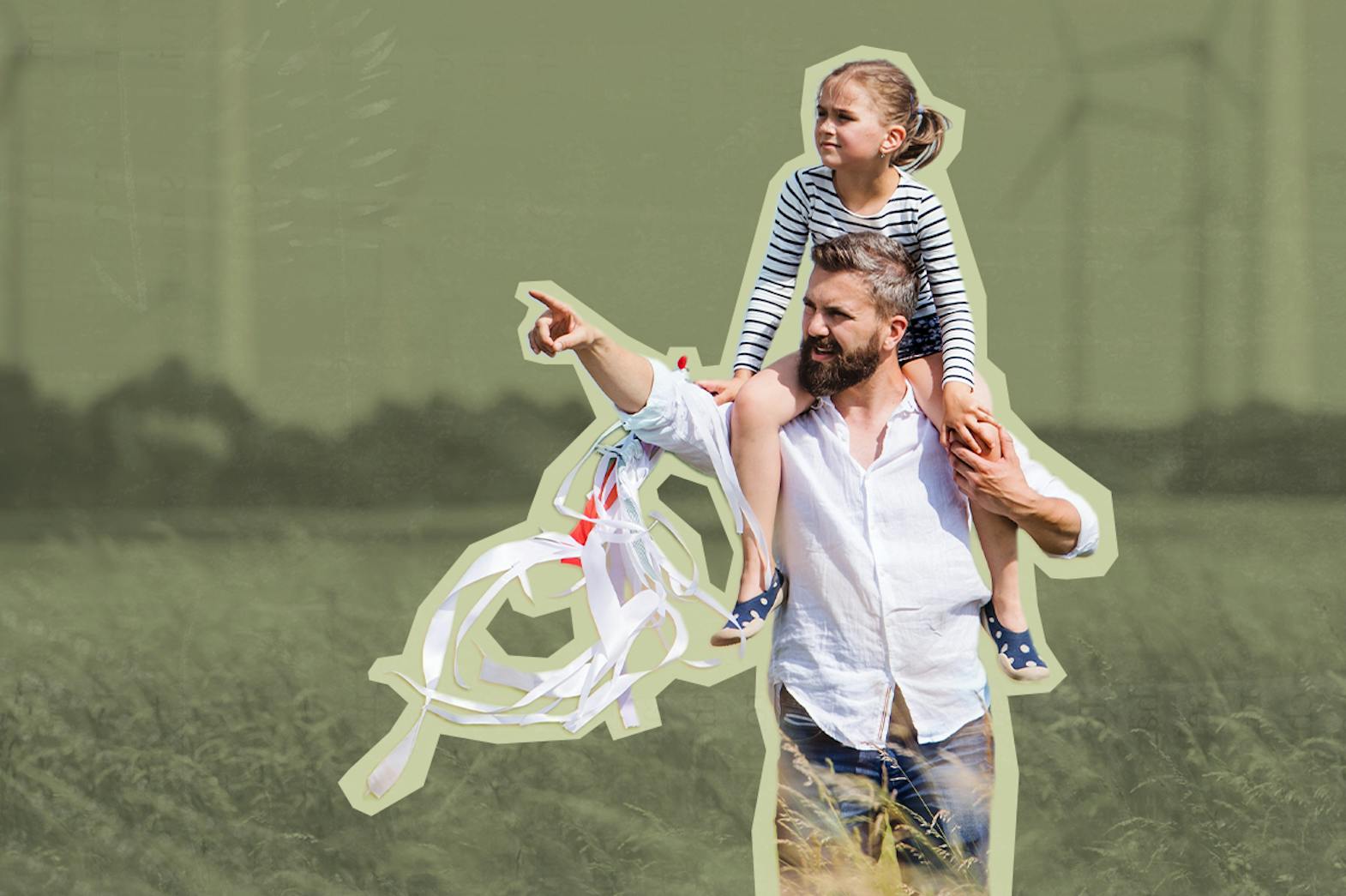I love the amazing quote by Audre Lorde:
Poetry is not a luxury. It is a vital necessity of our existence
I’ve been finding myself returning to reading and writing poetry lately in the difficult times we face, and it’s helping me to cope. Manitoba was recently under a state of emergency due to wildfires that continue to burn across the province. More than 21,000 people have been evacuated. As I write, it is 32°C in Winnipeg, with a humidex that makes it feel like 39°C.Like so many communities across the country and world, we’ve been experiencing heat far above the norm, smoky air, and more severe storms. We have a house and air conditioning from a heat pump, keeping us safe, but not everyone has this.
It breaks my heart that there are days when my daughter breathes smoky air. The air quality index this summer has been the worst I have ever seen. Growing up, I never had to worry about air quality. Now, during wildfire season, I check almost daily to ensure it's safe for my toddler to go outside. There have been countless days this summer when the air quality index exceeded 10, indicating a very high health risk. On those days, there were no walks to daycare or outdoor play; instead, we sought refuge in indoor playgrounds or our cool basement.
We adapt—this is our new normal.
But we must remember that it is not normal at all, and much of it could have been prevented. We are living the climate chaos that Indigenous leaders, scientists, and young people warned us about and have long been working to prevent.
As David Suzuki explained in a recent iPolitics article, it is too late to prevent climate change. We're already experiencing extreme heat, wildfires, storms, and floods—we're in it. It is here. We must prepare our communities for climate emergencies and invest in long-term resilience planning.
We need systemic changes in our systems to protect the foundations of our survival – clean air, safe drinking water, and food security.
Equally true—it is not too late. As the anthology Not Too Late from Rebecca Solnit & Thelma Young Lutunatabua explains, it isn’t too late to prevent even worse impacts. A sense of being doomed can lead to inaction, and hope is critical to our ability to act.
Clean energy is not a luxury. Our survival depends on it.
Continuing to burn fossil fuels—oil, gas, and coal—the main drivers of climate change, will lead to even worse climate impacts than those being experienced now. 2022 marked a pivotal moment: investments in renewable energy sources surpassed those in fossil fuels for the first time. It is crucial to advocate for, plan, and implement clean energy projects, including wind, solar, and heat pumps. In this era of climate chaos, advancing clean energy is one of the most important actions we can take—alongside preparing our communities for extreme weather events.
My path into the world of clean energy began with a memorable high school field trip. Our enthusiastic geography teacher, Mr. Lesage, took our team to the St. Léon wind farm in preparation for Envirothon, a high school environmental science competition. Flipping through my high school yearbook, there are photos of my friends and me, arms outstretched, pretending to be majestic wind turbines. At the time, I didn’t understand the severity of the looming climate crisis, so I couldn’t fully grasp the profound significance of those spinning giants, the sheer hope they represented for renewable energy. But I did think they were cool, and I wanted to learn more. And in a wonderfully full-circle moment, my high school Collège Jeanne-Sauvé now has solar on its roof, and the United Church across the street is installing geothermal.

Over fifteen years later from those Envirothon days, it’s incredibly rewarding to now be actively supporting communities in planning wind and clean energy projects through my work as a Project Manager and Climate Planner with Narratives. I’m proud that Narratives recently joined the Manitoba Sustainable Energy Association and that I had the opportunity to attend their conference in Steinbach. The (clean) energy in the room, excuse the mom joke! It is a testament to the growing momentum of clean energy right here in our province.
In the context of the U.S. and Trump’s threats to Canada, the Nation building project we need to focus on now is preparing for climate emergencies and building clean energy. This includes sharing clean energy and emergency preparedness resources between provinces.
I’m inspired by the Indigenous Nations who are leading the clean energy revolution. Through my previous work with Indigenous Clean Energy, I witnessed the breadth of Indigenous-led clean energy projects across the country. That experience affirmed the critical importance of Indigenous equity and ownership in the clean energy sector. For many years of colonial policies, Nations received few benefits but many of the environmental costs of energy and hydro projects.
I was excited to learn from my mentor Terri Lynn Morrison about Mesgi'g Ugju's'n (MU) Wind Farm project, a 50-50 partnership between the three Mi'gmaq First Nations (Listuguj, Gesgapegiag, and Gespeg) and Innergex Renewable Energy that centers Indigenous ownership and leadership.. I learnt from Executive Director James Jenkins about how crucial Indigenous ownership was for the support of a wind energy project near Sarnia, Ontario. This project, known as the Grand Bend Wind Farm, is partially owned by Aamjiwnaang and Bkejwanong (Walpole Island) First Nations, each holding a 25 percent stake alongside Northland Power.
It’s exciting to see many Indigenous-led projects flourishing right here in Manitoba, the Prairies, and Southwestern Ontario. I'm inspired by the Manitoba government’s commitment to building 600 megawatts of Indigenous-owned wind energy—and the Manitoba Métis Federation’s plan to build 300 megawatts—signal meaningful progress. I am also inspired by Brokenhead First Nation’s geothermal installation and Niisaachewan Cree Nation’s solar power projects.
I am reminded of the profound words of the late Leona Humchitt, a powerful clean energy leader and Climate Action Co-ordinator from Heiltsuk Nation:
The Haíɫzaqv words for clean energy are ɫáxváika'aus qṇts wáxv'w̓uísáx̌ - the power that comes from our territories, which includes solar, hydro, tidal, wind and geothermal. Wáxv'w̓w̓uísá is an all-encompassing word that’s closest translation is environment. The Haíɫzaqv do not divide our natural world into pieces: everything is one. We are a part of the wáxv'w̓uísá, therefore, we are responsible to it. Our responsibility to our land, water, sky and other living things is our ultimate responsibility. This teaching is what gives our climate action work its power.




